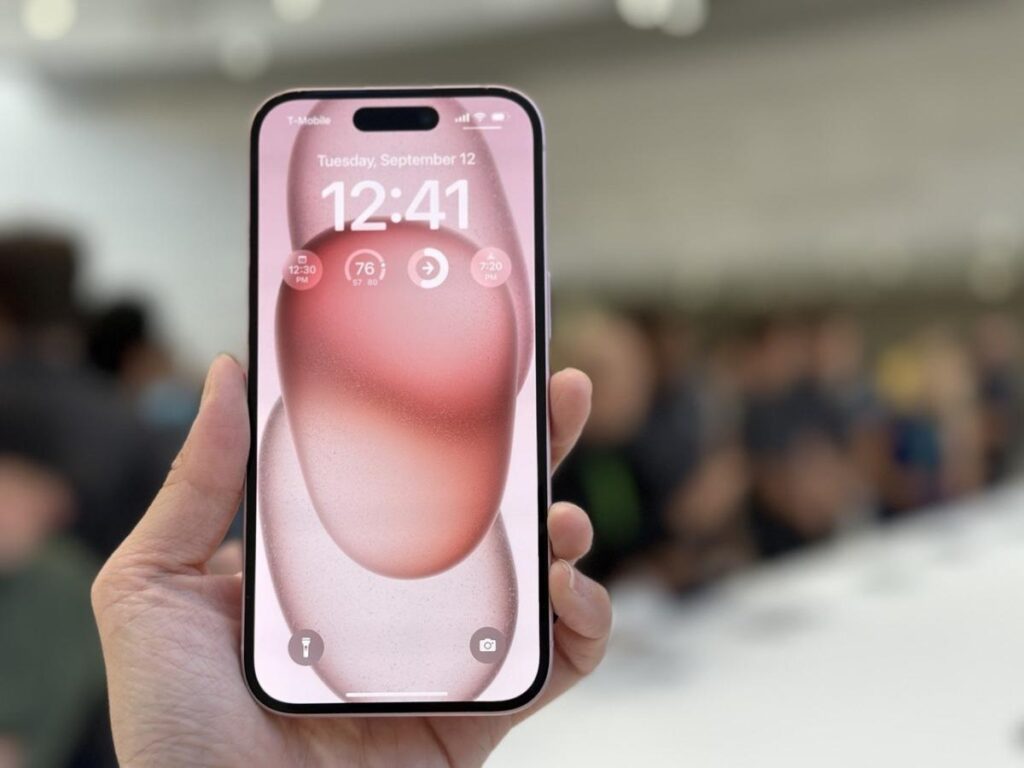18/11/2023
719 times read
18/11/2023
719 times read

NEW YORK, Nov 18, (Agencies): In a surprising turn of events, Apple declared this week that it will embrace RCS support, commencing in 2024. This decision brings an end to a longstanding and perplexing conflict between iOS and Android. If you find the terminology confusing, fear not; we are here to explain the potential implications of Apple adopting the GSMA's next-generation messaging protocol.
The Short Message Service (SMS) has been a prevalent messaging protocol since the early days of mobile technology. Neil Papworth, an engineer at Vodafone, sent the first SMS text message in December 1992, marking the beginning of a communication era. However, as of 2023, SMS faces limitations such as a 160-character restriction, the inability to include multimedia elements like photos and videos, and the absence of end-to-end encryption.
Rich Communication Services (RCS), also known as "Advanced Messaging," is positioned as a modern replacement for SMS and Multimedia Messaging Service (MMS). RCS offers features like read receipts, typing indicators, group chats, and support for high-resolution images, videos, and audio clips. Unlike SMS, RCS messages are transmitted over mobile data or Wi-Fi, with SMS serving as a fallback.
One crucial point to note is that RCS isn't intended to replace instant messaging apps; instead, it serves as a communication protocol between mobile carriers and between a phone and carrier. Apple's iMessage, introduced in 2011, is a proprietary messaging protocol exclusive to Apple devices. Starting in 2024, Apple plans to integrate RCS support into its Messages app, though, currently, the two protocols do not communicate with each other.
From the perspective of an iMessage user, communicating with Android users using SMS/MMS can feel outdated, lacking features like read receipts and typing indicators. The adoption of RCS by Apple could potentially enhance the user experience for both iOS and Android users.
RCS faced initial challenges due to a fragmented rollout and lack of coordination among stakeholders. Apple, having little reason to adopt RCS, had previously shown reluctance. However, the European Union's Digital Markets and Services Act (DMA) changed the landscape, prompting Apple to contest DMA assignments for iMessage and the App Store.
While specific details about how Apple will implement RCS messages remain scarce, there is potential for improved user experiences, including proper display of multimedia elements and seamless participation in group chats for both iOS and Android users. Apple also expressed intentions to collaborate with GSMA members to enhance the Universal Profile protocol, focusing on adding end-to-end encryption.
As Apple ventures into the RCS realm, it remains to be seen whether this move will eradicate the stigma associated with "green bubbles" in iMessage conversations. Only time will tell how this development shapes the future of mobile communication.


